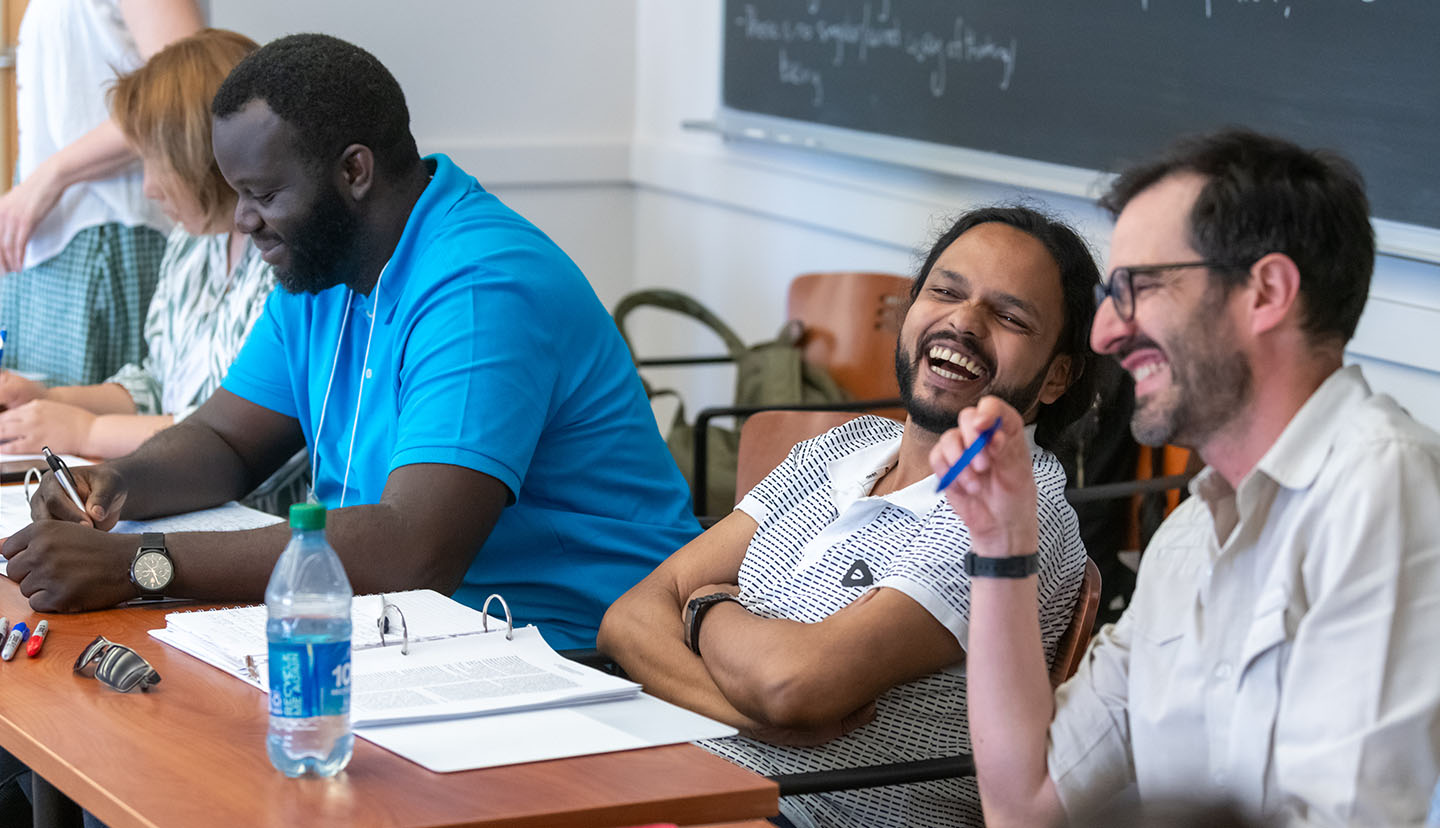

The IWT CLASP Certificate in Global Pedagogy is a new micro-credential open to faculty from GHEA21 partner institutions who wish to deepen their global classroom practice. Workshops with the

Global Learning Focus
tag below count towards the global learning focus requirement for the certificate. Click here to read more and apply for the certificate today!

Global Learning Focus
9:00–11:00 (NY)
15:00–17:00 (Vienna)

Global Learning Focus
9:00–11:00 (NY)
15:00–17:00 (Vienna)
9:00–11:00 (NY)
15:00–17:00 (Vienna)
Lynn Clausen
American University of Afghanistan
Dale Mineshima-Lowe
Parami University
9:00–11:00 (NY)
14:00–16:00 (Vienna)
Note the difference in time.
Zlata Božac
9:00–11:00 (NY)
14:00–16:00 (Vienna)
Note the difference in time.
Kerry Bystrom
Bard College Berlin

Global Learning Focus
9:00–11:00 (NY)
15:00–17:00 (Vienna)
Neada Mullalli
Pușa Năstase
Central European University
9:00–11:00 (NY)
15:00–17:00 (Vienna)
María Lucia Guerrero Farías
Universidad de los Andes
Andrea Solano Vargas
Universidad de los Andes
9:00–11:00 (NY)
15:00–17:00 (Vienna)